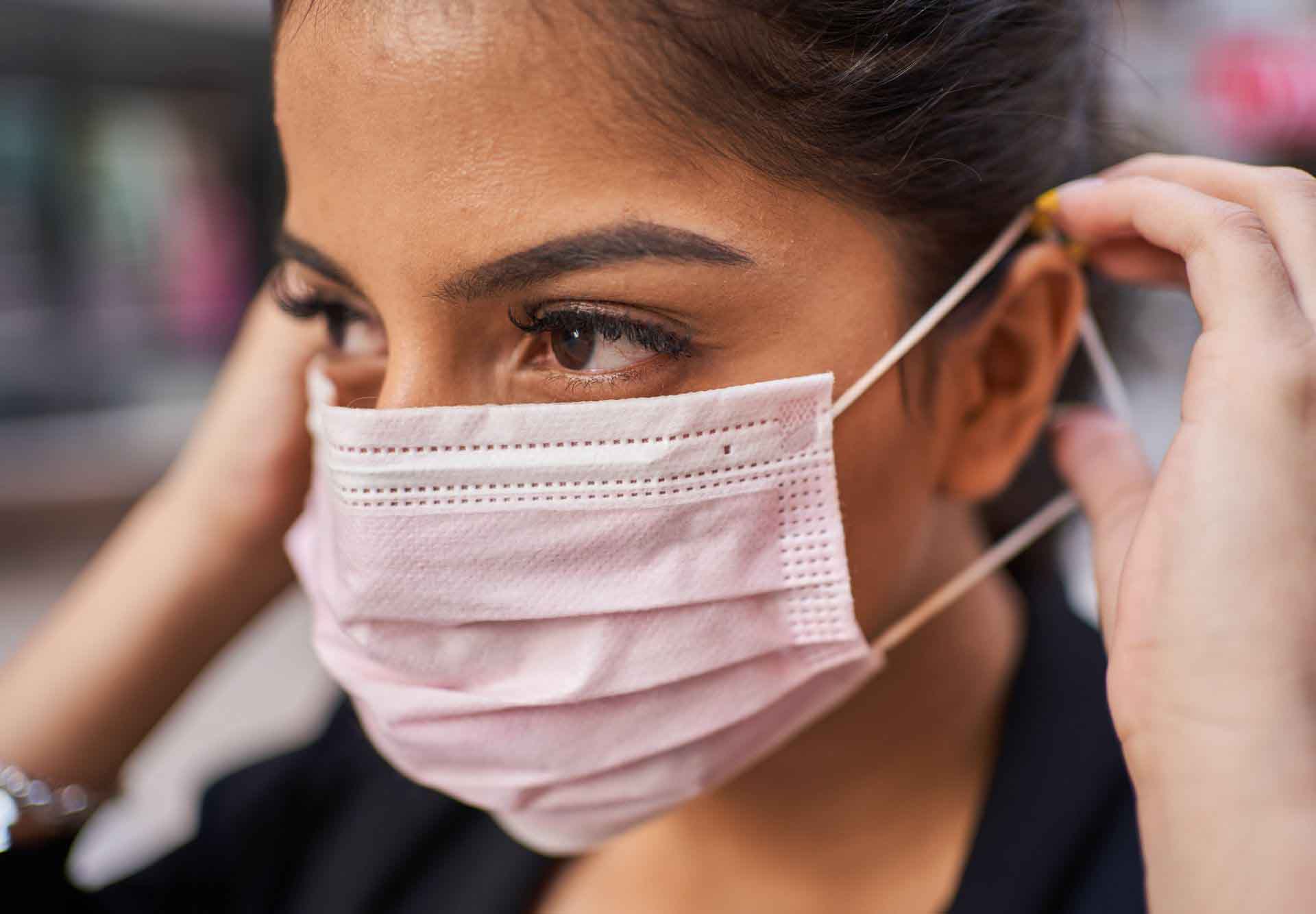BA.2 has surpassed BA.1 and BA.1.1 as the most prevalent Omicron lineage worldwide. Here are must knows about BA.2 and pregnancy.
On March 29th, the CDC reported that BA.2 accounted for more than 50% of all COVID infections in the US. You’re not alone if you’re a pregnant mother or father worried about BA.2, a sublineage of the Omicron variety currently spreading worldwide.
Pregnant women who contract a COVID infection should know the potential risks to themselves and their unborn child. Research into BA.2 is ongoing because so much remains unknown about this sublineage. One thing is clear about BA.2: the new Omicron COVID-19 virus strain appears to be more contagious than the old one.
BA.2 shares several other notable characteristics with other Omicron sublineages. Fortunately, the BA.2 variation does not appear to cause a more severe illness once it has established itself. Similarly, BA.2 can be warded off by the existing vaccinations the same way as previous Omicron strains were. Protection against hospitalization and mortality was in the 70–80% range following two doses of the Pfizer vaccine against BA.2, according to a preprint of a study on the vaccine’s efficacy.
What Dangers Could There Be for Mothers and Their Unborn Children?
Preliminary findings show that BA.2 does not appear to induce more severe infection than prior versions of Omicron, which is excellent news. It’s encouraging that immunizations appear to prevent severe virus-related complications. However, since pregnant women already face increased danger, the emergence of a more contagious strain is cause for concern.
For this reason, all COVID strains tend to strike pregnant women harder than they would otherwise. In terms of potential harm to the unborn child, premature birth is the most worrisome complication of severe COVID disease during pregnancy.
There is a heightened danger of contracting a life-threatening illness during pregnancy. COVID-19 infections during pregnancy are associated with an increased risk of preterm birth, as well as ICU admission, mechanical ventilation, and mortality.
What Kind of Symptoms Can You Get?
Infected pregnant women with BA.2 or any COVID variation will show similar symptoms to those of other COVID infections. It could be from a sore throat and cough to exhaustion, a high temperature, a loss of taste or smell, a painful head, and achy muscles.
As you may be more vulnerable to serious diseases, it’s critical that you stay in touch with your doctor and learn to spot warning signs. Those who are pregnant are at a greater risk of experiencing serious symptoms, so they should keep an eye out for things like trouble breathing, shortness of breath, loss of speech or mobility, and chest pain.
How to Lower Your BA2 Risks
It’s terrifying to learn that COVID infections, like BA.2 infections, may increase the chance of serious disease during pregnancy. However, you should not feel helpless because of this. To protect yourself and your unborn child from potentially fatal diseases, vaccination is the single most effective measure you can take, according to experts. Even if you’ve already been immunized, it’s a good idea to get a booster shot.
Some of the earliest studies of BA.2 reveal that it significantly reduces the risk of hospitalization and death from a serious illness. The vaccine is still the safest and most effective way for pregnant women to protect themselves from the BA.2 strain of COVID. This is especially important considering the additional risks that come with pregnancy.
Pregnant women should also practice good hygiene habits, such as frequent hand washing and putting a mask over their mouth and nose while going outside.
In a social setting, when people are uncovered, the danger of transmission is extremely high. A pregnant woman must always err on the side of caution.
So, What Does This Mean For You?
You’re probably worried about the spread of BA.2 because you’re pregnant, and pandemics are never fun. The good news is that BA.2 appears to be no more severe than other varieties of Omicron, and vaccines continue to protect against serious outcomes.
There is no need for alarm, but expectant mothers should exercise extra caution as the pandemic develops. Feel free to consult your OB/GYN if you have any further inquiries regarding your pregnancy and the effects of BA.2.
Articles you might like: Preterm Birth Risk is Related with Getting Covid-19 During Pregnancy, Navigating Pregnancy and Parenthood in Covid-19 Era, Pregnancy and the Delta Variant: What You Need To Know

